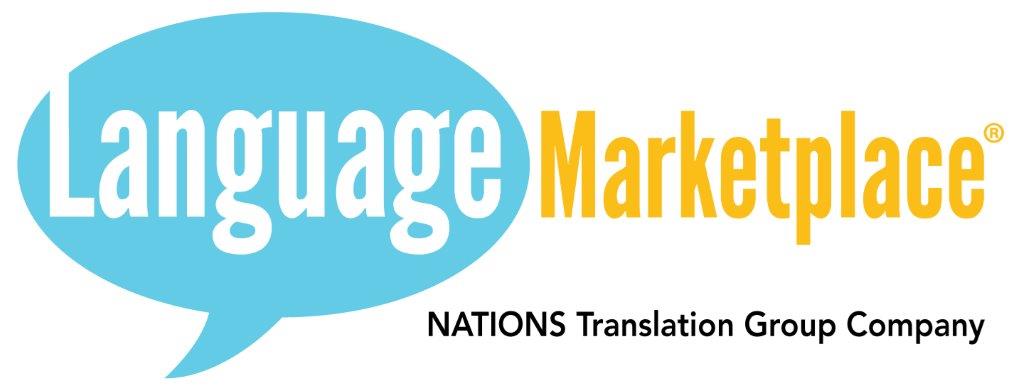With the convenience and toolbar of Google Translate readily available and for free, many people take advantage of what seems to be a great convenience. However, there is a lurking danger that Google has failed to warn users of: That its translations are incorrect particularly when it comes to subject-specific material. This is not a tool that should be used in contexts where the importance of accuracy is essential. Most of the general public know that Google Translate should be used as a matter of convenience. Sure, it might help you translate simple lines like “Where would you like to go for dinner?” from English to French, Spanish, German and all the various popular languages. However, it should never ever be used for any type of instructional materials, documents or professional translation work with clients.
Why is this? Firstly, Google translate is not formulated to operate this way. They simply cannot replace human translation that takes context, jargon and other subject-specific components into consideration. However, many people seem to ignore this or take it lightly. The truth is, using online translation systems like this one could ruin your image, hurt business relations and even worse: put public health and safety at risk.
A Case Study
Documents were received from a Canadian medical technology company from Ontario. They sent us document instructions that were meant to explain how to use one of their medical life saving devices. They had translated it using Google Translate into ten different European languages and simply wanted us to proofread the document. Their request had stated that the translation was done using Google translate which is “very accurate” and they simply wanted us to do a quick review on a couple of the languages.
Language Marketplace does not provide proofreading services for documents translated using any form of machine translation, which is what Google Translate is. This is solely because it is far more time consuming to try and fix a translation done via machine than it is to translate documents from scratch. The results of the proofread work would continue to still be of poor quality and substandard translation in comparison.
In this example, the fact that this was a medical technology company and a promising lifesaving product, we did glance at what Google translate had produced out of curiosity on the files sent to us by the client. After one sentence, I stopped wasting my time, but I was upset and did pass my sentiments to the client.
The source (English) sentence read: The patient’s airway pressure is maintained at an optimally low level due to the “X” technology…
The translation produced in Portuguese by Google was : A pressão nas vias aéreas do paciente é mantida a um nível baixo de forma ideal, devido à tecnologia do “X”
Translation in English: The pressure on the airlines of the patient is maintained at a low level in an ideal form, because of the “X” technology.
This is just one small example that Google translate is absolutely incapable of deciphering the various meanings a word can have. ‘Airways’ when dealing with breathing in Portuguese is “vias respiratórias”, not “vias aéreas.” ‘Vias Aéreas’ means Airlines.
This was just in the first sentence of a paragraph of more than 700 words. This was a lifesaving medical instruction booklet. Was spending the $150.00 to have a proper translation done not worth it for a medical device that was being marketed across Europe to first response rescuers?
Google’s Disclaimer
I searched for Google’s disclaimers on websites translated by Google, and what I found were different versions of the following:
“The XXXXX website and its web pages are intended to be read in English. Any translation of the website and its web pages may be imprecise and inaccurate in whole or in part. The translation process used on this website is a “machine translation” and is provided as a convenience. You should use an experienced human English translator to provide you with a precise and accurate translation into your native language. You can access and use any translation at your own risk.
You assume all risk, liability, and responsibility for any translation. While reasonable efforts are made to provide a translation, no liability and no responsibility are assumed by XXXX or Google for any errors, omissions, or ambiguities in the translations or other information provided by the free translation of this website. In no event is either XXXXX, affiliates, and associated parties, liable for any loss or damages whatsoever arising out of your use of the free translation of the website or the content thereof, including direct, indirect, incidental, consequential or punitive damages.”
If death, harm or serious repercussions occur because you choose to use Google translate to have your document translated, who will be held responsible?
Food for thought.

